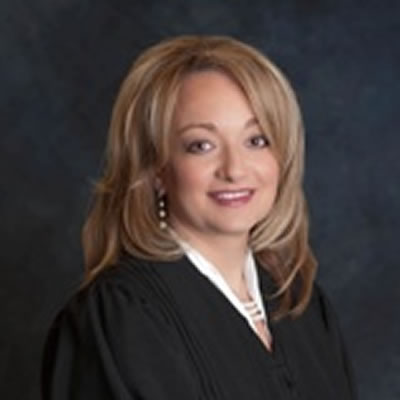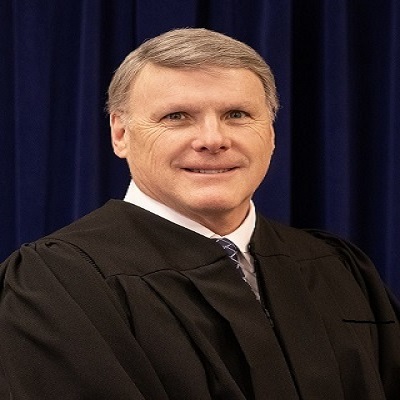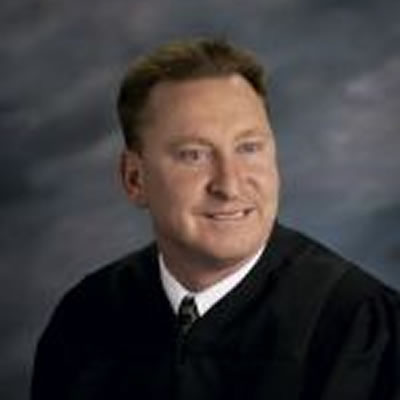Judges

The Parma Municipal Court is a statutory Court; that means it was created by Statute, as opposed to Common Pleas Courts, which are established in the Ohio Constitution. Municipal Courts and the similar County Courts were created in 1953, and replaced the old Justice of the Peace System. Parma Municipal Court has three Judges. The first was created in 1953, and the other two were created by the General Assembly as the population grew. By statute, the Parma Municipal Court serves the cities of Brooklyn, Parma, Parma Heights, North Royalton, Broadview Heights, Seven Hills, the Villages of Linndale and Brooklyn Heights, as well as all Metroparks located in those jurisdictions.
Judges are elected to six-year terms, in odd numbered years. The three Judges of our Court are elected in staggered years, which means that in each odd numbered year, one of the judicial seats is up for election. To be elected Judge, one must be a licensed Attorney and have a certain number of years of practice experience as a requirement to be elected. Judge’s positions are full time, and Judges of our Court cannot practice law while they sit on the bench.
The Judges preside over what are called General Session matters, which include Evictions, Criminal Arraignments, and Garnishments, and personal dockets, which are those cases which have been assigned to a specific Judge, whether Civil or Criminal. They also perform weddings at the Court.
Each Judge has a personal Assistant called a Bailiff. The Bailiff is the contact person between the Judge and the parties to cases. Judges are bound by strict ethical rules which must be obeyed. This includes contact with parties without all persons being present, which is called an ex parte communication. Judges are not permitted to have ex parte conversations with parties to an action, unless all are present. A person who has inquiries about a case should contact the Bailiff, who would then deal with the Parties’ request.
All Court proceedings are open to the public. For more information as to what types of cases are heard when, please contact the Court.



